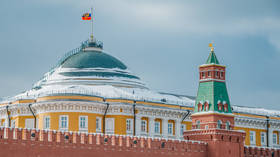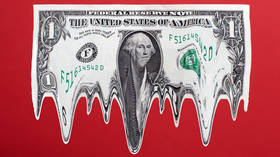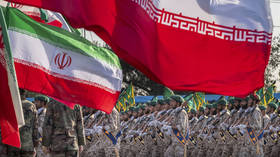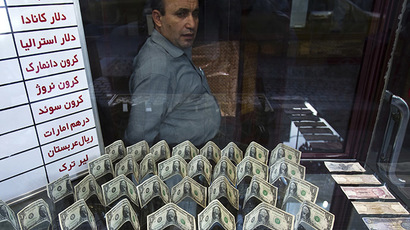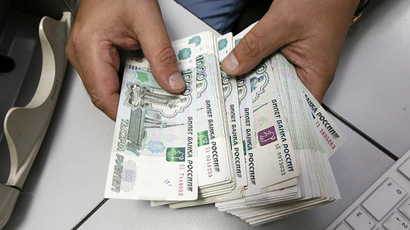Turkey ready to settle deals with Russia in local currencies - economy minister
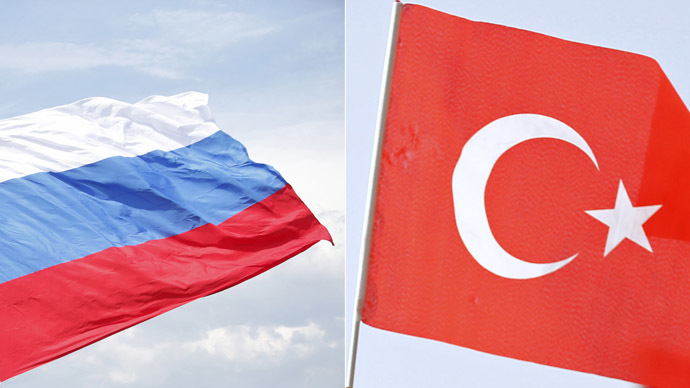
Turkey’s Ministry of Economy is to consider using local currency, either the Russian ruble or Turkish lira, in major investment projects with Moscow.
“We would like payments in rubles and lira to be introduced at least for the larger investment projects in Russia and Turkey,” Turkey’s Deputy Economy Minister Adnan Yyldyrm, said at a joint Russian-Turkish business council meeting, TASS reported.
Yyldyrm said Turkey is now waiting for Russia to take reciprocal steps to set up a platform for settlements in rubles and lira. The countries are discussing allowing Russian tourists in Turkey to use rubles, according to Russia's Chamber of Commerce and Industry (RCCI), Georgy Petrov.
Trade between Russia and Turkey reached $32.7 billion in 2014, making Turkey Russia’s eighth largest trading partner, while Russia is Turkey’s second largest trading partner, after the European Union.
In February, Russia’s Sberbank and its Turkish subsidiary Denizbank announced plan to settle payments in national currencies.
READ MORE: Moscow and Ankara to trade in national currencies - DenizBank
Banknotes aside, Moscow and Ankara have been growing closer on a plethora of issues, from a new gas pipeline deal, to Turkey possibly joining the Russia-led Eurasian Economic Union.
READ MORE:Turkey and Russia discuss Customs Union collaboration
The two countries share no land border but both border the Black Sea, where the new Turkish Stream pipeline will be routed, delivering 15.75 billion cubic meters (bcm) of gas to Turkey, and another potential 47 bcm to Europe via Greece.
Turkey joining Russia, Belarus, and Kazakhstan in the newly forced Eurasian Economic Union has been floated by both Moscow and Ankara. Turkey has been in a formal Customs Union agreement with the European Union since 1995, but has made little progress in joining the bloc.



